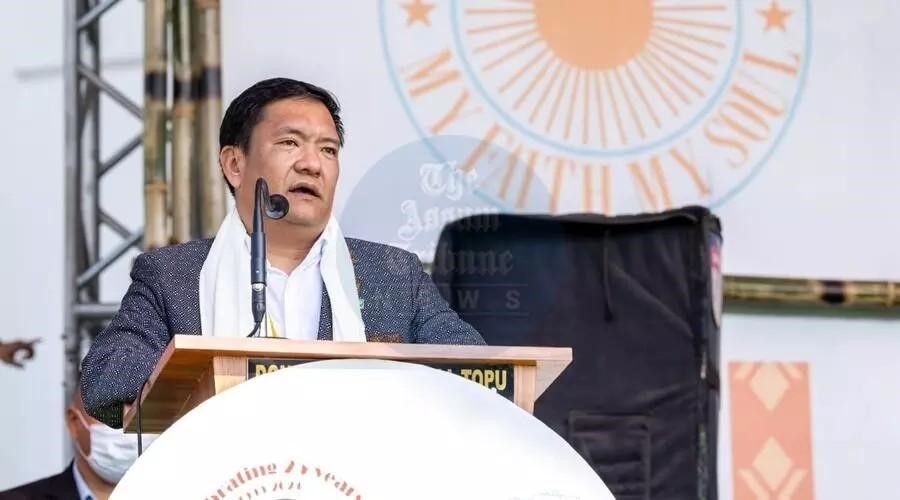Arunachal Revives 1978 Law Against Forced Conversions
Why in the news?
Arunachal Pradesh plans to implement its dormant 1978 Freedom of Religion Act, which prohibits forced conversions. Amid rising conversions and cultural concerns, rules are being drafted after decades of delay, sparking debates on preserving indigenous traditions and religious freedoms.
Context and Historical Background:
- Arunachal Pradesh hosts diverse ethnic communities with varied religious beliefs, including Buddhism, polytheistic worship, and indigenous faiths like Donyi Polo.
- Christianity entered the region in the 1950s due to missionary efforts despite colonial-era restrictions.
- The Christian population grew from 79% in 1971 to over 30% by 2011, triggering debates about conversions’ impact on indigenous cultures.
- Legislators and community leaders sought to protect native religions and traditions, leading to the law’s introduction.
Renewed Focus on Implementation
- In 2022, a PIL urged the Guwahati High Court to compel the government to frame rules for the Act.
- The court expected draft rules to be finalized within six months.
- Advocates of the Act argue its implementation is urgent to preserve traditional practices amid rising conversion rates.
About the Act:
- Enacted in 1978 by Arunachal Pradesh’s first Legislative Assembly as a Union Territory.
- Prohibits religious conversion through force, inducement, or fraudulent means.
- Violators face up to two years imprisonment and/or a fine of ₹10,000.
- Requires reporting of conversions to the District Deputy Commissioner.
- Dormant for 45 years due to lack of implementation rules.
Sources Referred:
PIB, The Hindu, Indian Express, Hindustan Times




